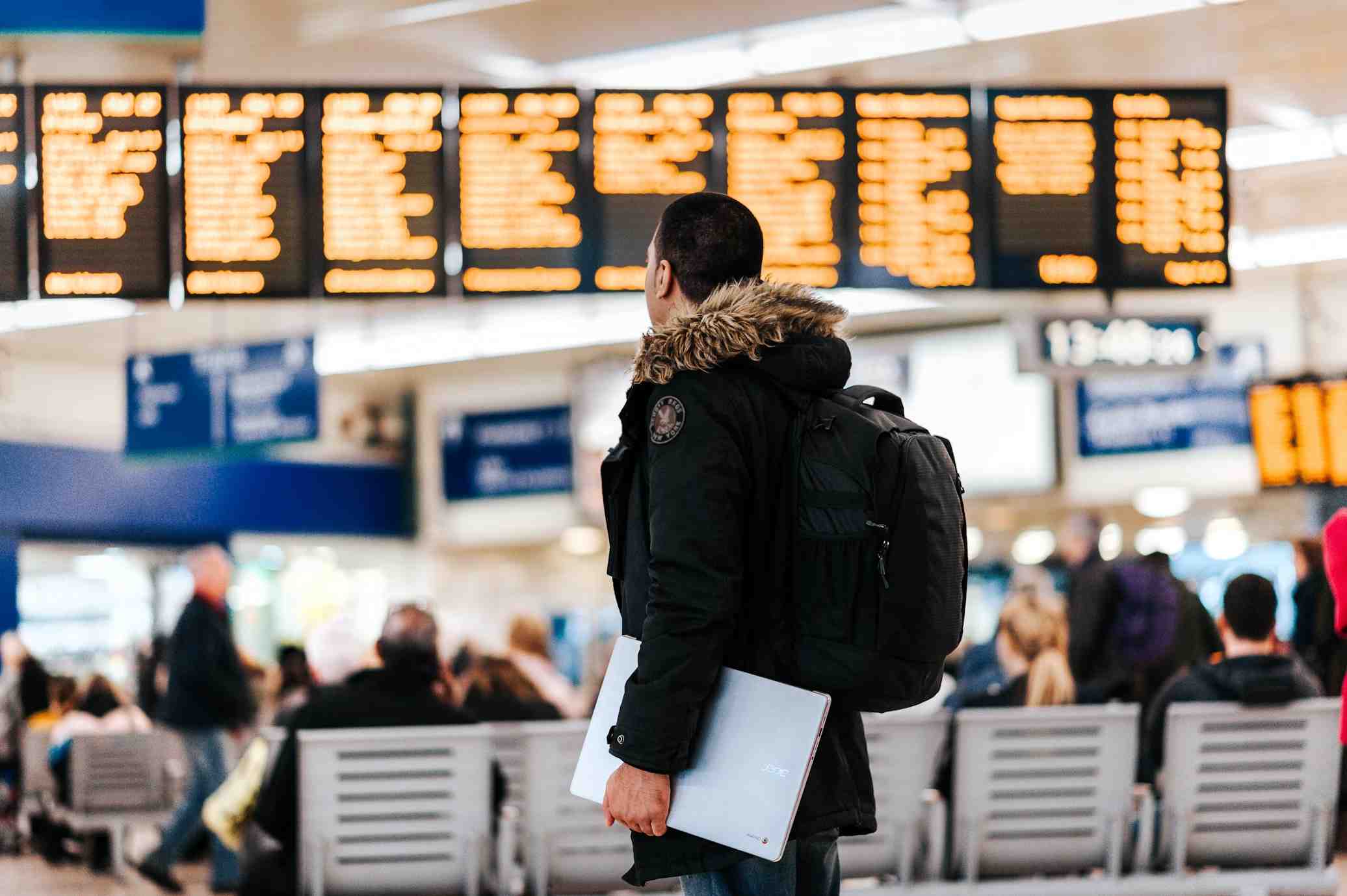Doing Business in São Paulo: A Guide to Brazil’s Economic Engine

São Paulo is not just a city; it's an economic force. As the financial capital of Brazil and one of the most populous and dynamic cities in the world, it is the undisputed epicenter of business in South America. For any company serious about engaging with the Latin American market, São Paulo is an essential destination. However, success in this sprawling, energetic metropolis requires more than just a good product. It demands high energy, strategic planning, a deep understanding of its unique work culture, and patience in navigating its infamous logistical challenges.
This guide provides the essential tips for the corporate traveler on how to navigate the vibrant and demanding business environment of São Paulo, from understanding its key business districts to mastering its complex transportation landscape. For a broader look at the country, our guide to business in Brazil is an essential companion read.
The Pace of Business: A City That Never Stops
Unlike the more relaxed pace found in other parts of Brazil, São Paulo (or "Sampa," as it's affectionately known) runs on a faster, more aggressive clock. The business culture here is more direct, more work-focused, and more aligned with the rhythms of other global financial centers like New York or London.
- Punctuality is Valued: While the city's traffic can be a legitimate excuse for minor delays, punctuality is expected and appreciated. Always aim to be on time for meetings.
- Professional Attire: Appearance matters in São Paulo's corporate world. Business attire is formal and stylish. Men should wear a dark, well-tailored suit, and women should opt for elegant business suits or dresses.
- Direct Communication: Paulistanos (residents of São Paulo) are known for being more direct in their communication than Brazilians from other regions. While politeness is still key, you can expect business discussions to be more to the point.
Mapping the Corporate Landscape: Key Business Districts
São Paulo is a vast city, and its business districts are spread out. Knowing where your meetings are is crucial for planning your logistics.
- Avenida Paulista: This iconic, bustling avenue was the traditional financial heart of the city. While still home to many banks and corporate headquarters, its role as the primary financial center has been challenged by newer districts. It remains a major cultural and commercial artery.
- Faria Lima / Itaim Bibi: Today, this is the modern epicenter of finance and technology in Brazil. Centered around Avenida Faria Lima, this area is where you'll find the major investment banks, private equity firms, and the Brazilian headquarters of tech giants like Google and Meta (Facebook). It is the equivalent of Wall Street or Canary Wharf.
- Berrini: Located further south, along Avenida Engenheiro Luís Carlos Berrini, this is another major commercial artery lined with the skyscrapers of multinational corporations and service firms.
Navigating the City: The Challenge of "Trânsito"
The "trânsito" (traffic) in São Paulo is legendary and is the single biggest logistical challenge for any business traveler. It must be factored into every aspect of your schedule.
- Plan Your Day Geographically: This is the most important rule for an efficient trip. A journey that might take 20 minutes without traffic can easily take 90 minutes or more during peak hours. Never schedule back-to-back meetings in different neighborhoods. Try to cluster all your meetings for a given day in the same district (e.g., a "Faria Lima day" or a "Paulista day").
- Use Ride-Sharing and Car Services: For business travelers, ride-sharing apps like Uber are the most common and convenient way to get around. For a full day of back-to-back meetings, hiring a private car and driver ("carro com motorista") can be a worthwhile investment in efficiency and comfort. It allows you to work between meetings and removes the stress of navigating.
- Helicopters: The Ultimate Traffic Hack: It may sound like an exaggeration, but São Paulo has one of the largest and most-used fleets of private helicopters in the world. For time-sensitive, high-level executive meetings, traveling between the major business districts by helicopter is a surprisingly common mode of transport to bypass the gridlock on the ground.
Business Etiquette and Relationship-Building
While more direct than the rest of Brazil, building personal relationships is still a crucial part of doing business in São Paulo.
- The Business Lunch (Almoço): Business lunches are very common and can be lengthy affairs. They are an important opportunity to build rapport with your counterparts. The conversation will often mix business with personal topics, such as family and football.
- Relationship First: Even in fast-paced São Paulo, Brazilians prefer to do business with people they know and like. Take the time to engage in small talk and show a genuine interest in the people you are meeting.
- Language: While English is widely spoken in the upper echelons of the business world, making an effort to speak a few words of Portuguese ("Bom dia," "Obrigado") will be very well received. For critical negotiations, using a professional interpreter is always a good idea.
Doing business in São Paulo is a dynamic, high-energy, and rewarding experience. It is the engine of the Brazilian economy and a gateway to the wider South American market. By planning carefully for its unique logistical challenges and adapting to its energetic pace, you can tap into the immense opportunities offered by this global megacity. A modern travel management platform can help you manage these complexities, from booking flights to ensuring your team has access to safe and reliable ground transportation.